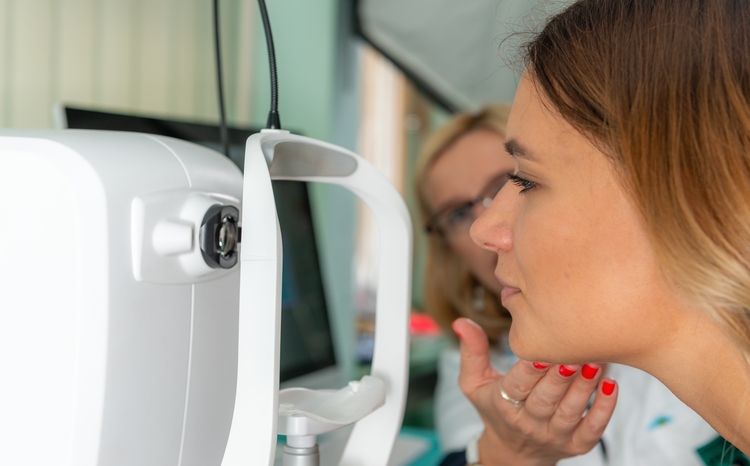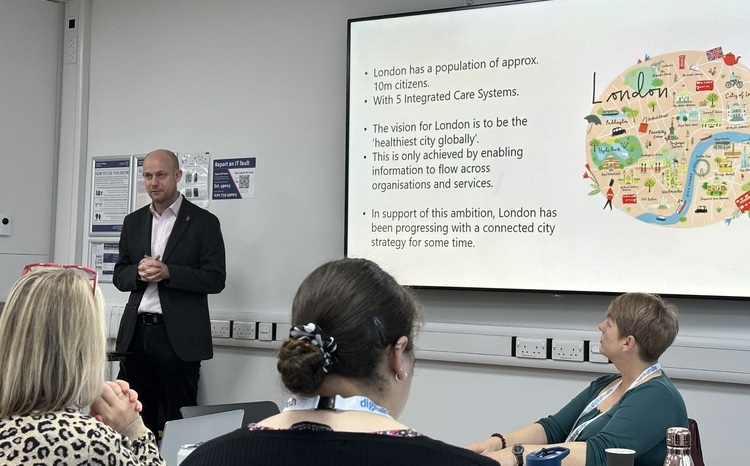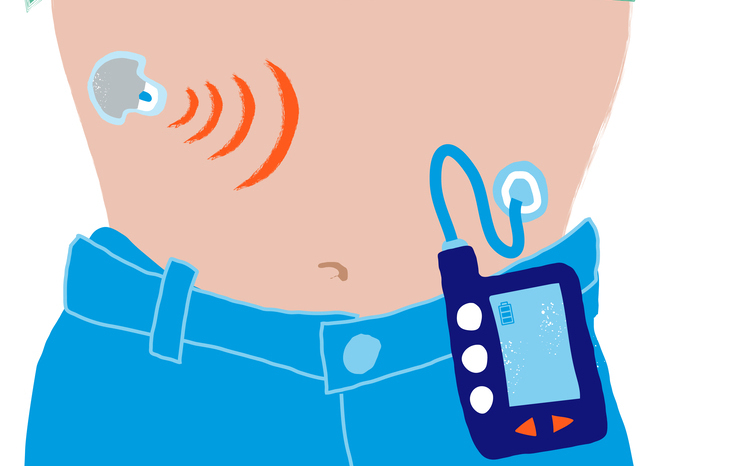Intel and GE develop Health House
- 26 June 2009
Researchers from Intel and GE Healthcare are working to develop a ‘Health House’ that will track a person’s everyday habits, check vital signs and predict whether they are at risk of a fall.
The system will use sensors to track a person’s behaviour and send alerts when unexpected reactions or data are picked up.
The Health House is one of the first developments since GE and Intel joined forces to commit €184m to telecare research in April.
The partnership is aimed at developing and marketing home-based health technologies that will help older people and those with chronic conditions to live more independently.
Despite similar systems already being available, researchers believe that this will be a much more sophisticated model specifically aimed at private homes rather than care settings.
The house will use patient information, such as risk of hypertension, diabetes and respiratory problems, with information about daily routines to create an algorithm capable of identifying subtle health changes that might signal more serious problems.
The sensors in the house are also able to study activity, such as how many times a person goes to the bathroom, the amount of time they spend sleeping and whether their medication is being taken.
Work is also underway to develop more advanced alerts that could help to identify changes in the way a person walks and moves and how long it takes to get out of bed in the morning, which could help to indicate early signs of instability.
Agnes Berzsenyi, GE’s general manager for home health said that the system could be up and running within the next few years and that a team based in Budapest are developing algorithms to make it a reality as quickly as possible.
She also said that a trial of the house linked to the University of Szeged in southern Hungary is already being planned.




